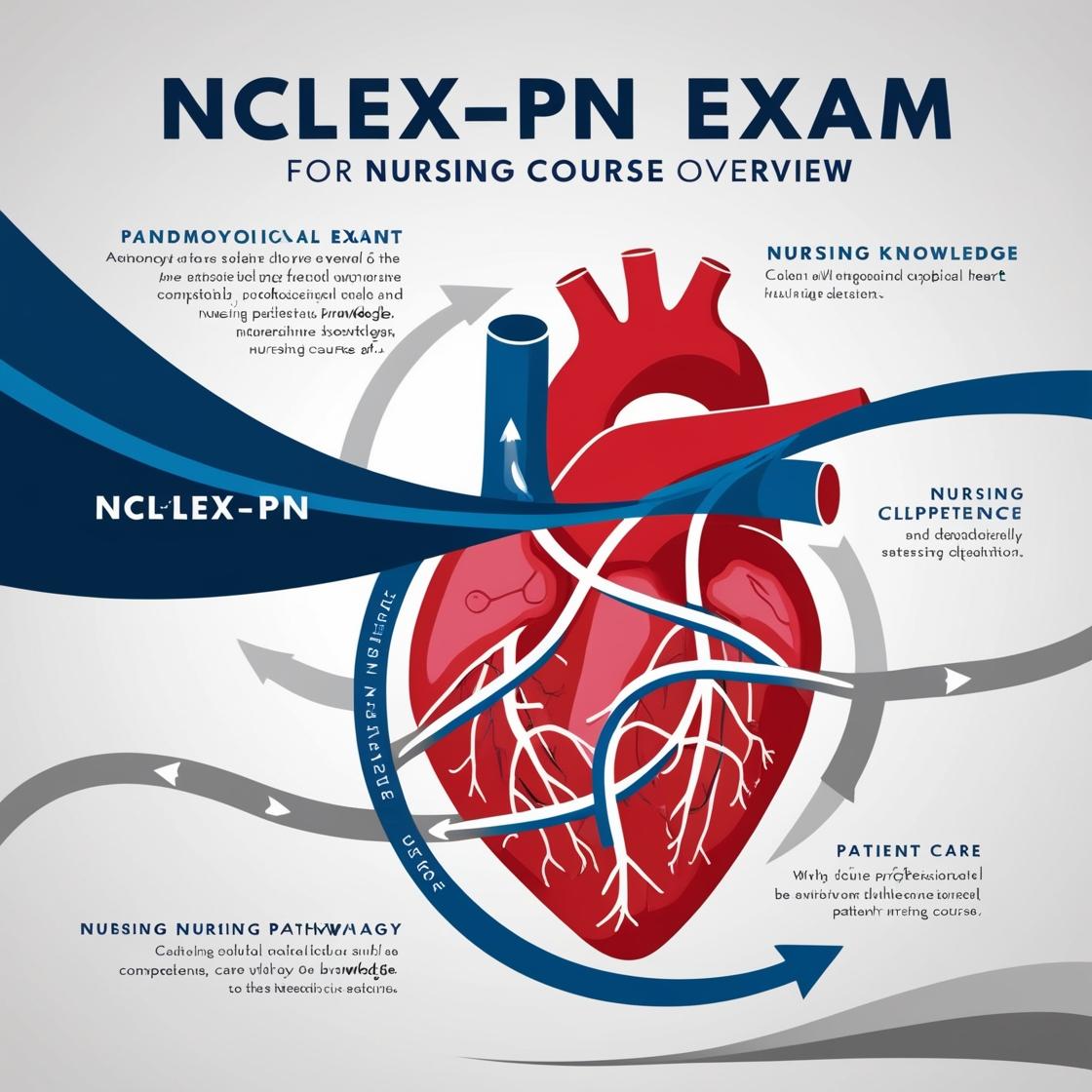NCLEX NCLEX-PN
Nclex Questions Management of Care
1. A client has been placed in isolation because he is diagnosed with a contagious illness. The nurse should be aware that:
- A. Linens from the client's bed should be double-bagged.
- B. Meals should be served on washable dishes.
- C. Extensive isolation rarely causes psychological problems.
- D. Paper trays and plastic utensils do not prevent disease transmission.
Correct answer: A
Rationale: Isolation techniques are used to prevent or limit the spread of infection. Special handling of articles and linens soiled by any body fluid is essential. Linens should be placed in impervious bags before being removed from the client's bedside to prevent exposure of personnel and contamination of the environment. Double-bagging is required if the outside of the bag becomes contaminated. This practice ensures that potentially infectious materials are properly contained and disposed of. Choices B, C, and D are incorrect because the focus in this scenario is on proper handling and disposal of soiled linens to prevent the spread of infection, not on serving meals, psychological effects of isolation, or the use of paper trays and plastic utensils.
2. When managing nausea related to Morphine epidural analgesia, the nurse should administer:
- A. Indomethacin
- B. Codeine
- C. Ibuprofen
- D. Compazine
Correct answer: D
Rationale: When managing nausea related to Morphine epidural analgesia, Compazine is the appropriate medication to administer. Compazine, also known as prochlorperazine, is commonly used to treat nausea and vomiting. It works by affecting certain chemicals in the brain that trigger nausea and vomiting. Choices A, B, and C are incorrect because Indomethacin, Codeine, and Ibuprofen are not typically used to manage nausea associated with Morphine epidural analgesia.
3. What is a common side effect of Rifampin concerning the client's contact lenses?
- A. The client's urine might turn blue.
- B. The client remains infectious to others for 48 hours.
- C. The client's contact lenses might be stained orange.
- D. The client's skin might take on a crimson glow.
Correct answer: C
Rationale: The correct answer is that the client's contact lenses might be stained orange. Rifampin has the unusual effect of turning body fluids an orange color. Soft contact lenses might become permanently stained, making this an important side effect for the client to be aware of. Choices A, B, and D are incorrect. There is no documented effect of Rifampin causing the client's urine to turn blue, the client remaining infectious for 48 hours, or the client's skin taking on a crimson glow.
4. When working with elderly clients, the healthcare provider should keep in mind that falls are most likely to happen to the elderly who are:
- A. in their 80s.
- B. living at home.
- C. hospitalized.
- D. living on only Social Security income.
Correct answer: C
Rationale: The correct answer is 'hospitalized.' Elderly individuals are at a higher risk of falls, especially when they are in new environments like hospitals due to unfamiliarity with the surroundings, medications, and potential mobility challenges. Being in a hospital can disrupt their usual routines and increase the risk of falls. Choice A ('in their 80s') is not as directly related to the increased risk of falls in a hospital environment. Choice B ('living at home') is a common setting for the elderly but does not address the specific risk associated with being hospitalized. Choice D ('living on only Social Security income') is unrelated to the risk of falls based on the environment.
5. The nurse is educating a teenage female about preventing the transmission of genital herpes. Which of the following statements should the nurse include?
- A. "Do not sit on toilet seats without protection."?
- B. "Oral sex can transmit the virus."?
- C. "This infection can be transmitted via intercourse even when you do not feel ill."?
- D. "Try to drink plenty of fluids after sex to flush the reproductive tract."?
Correct answer: C
Rationale: Genital herpes can be transmitted through oral, genital, and anal sex. It is crucial to educate the patient that the infection can be transmitted via intercourse even when asymptomatic to prevent its spread. Choice A is incorrect as sitting on toilet seats without protection does not transmit genital herpes. Choice B is incorrect because oral sex can transmit the virus. Choice D is also incorrect as drinking fluids after sex does not prevent the transmission of genital herpes.

Access More Features
NCLEX PN Basic
$69.99/ 30 days
- 5,000 Questions with answers
- Comprehensive NCLEX coverage
- 30 days access
NCLEX PN Premium
$149.99/ 90 days
- 5,000 Questions with answers
- Comprehensive NCLEX coverage
- 90 days access
